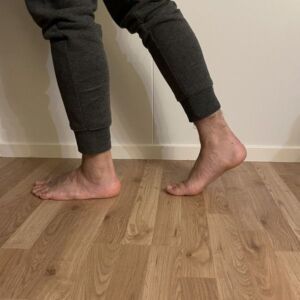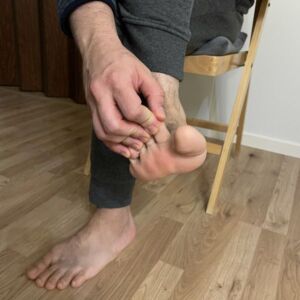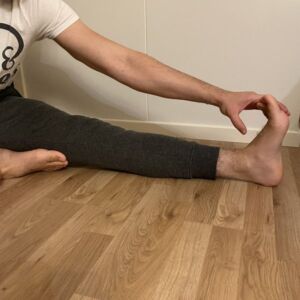Lumbrical Muscle Stretch (Foot): 3 Best Stretches For Flexibility
Have you ever stopped to think about the muscles in your feet? It’s easy to take them for granted, but they play a crucial role in helping you move around and maintain a good balance.
One group of muscles that deserve some attention are the lumbrical muscles in your feet.
These are four small, worm-like muscles located on the top and bottom of the foot.
They work with other muscles, such as the flexor digitorum longus and brevis, to flex your toes and keep your foot aligned.
But what happens if the lumbrical muscles aren’t working properly? Well, it can lead to a condition called overpronation, which is when your foot rolls inward too much as you move.
This can cause discomfort and even injuries. So, it’s important to keep these muscles healthy and active.
One way to do this is by stretching them regularly. Trust me, your feet (and the rest of your body) will thank you!
Stretches For Lumbricals Pedis (Foot Muscles)
Did you know that you can stretch your lumbrical muscles just like you would stretch your flexor digitorum longus and brevis muscles?
Well, that’s true. Let me show you the most effective stretches you can do at home.
Standing Lumbricals Pedis Stretch
To stretch your lumbrical muscles, stand with your toes on the ground and your heel slightly lifted off the ground. Then, push downward with your toes and lift your heel even higher.
Hold this stretch for 30 seconds. Always be careful when stretching and stop if you feel any pain or discomfort.
Seated Lumbricals Pedis Stretch
To stretch your lumbricals and other foot muscles while seated in a chair, grab your toes with your fingers and gently pull them up into extension.
To increase the stretch and target additional muscles in the same compartment group as the flexor digitorum longus, add ankle dorsiflexion to the stretch.
Hold this stretch for 30 seconds
Straight Leg Stretch for Lumbricals (Feet) Muscles
To stretch your lumbricals and other foot muscles while seated on the ground, keep one leg straight and grab your foot with your hand.
Then, pull both your toes and foot towards your body and hold the stretch for 30 seconds.
Recommended Articles:



